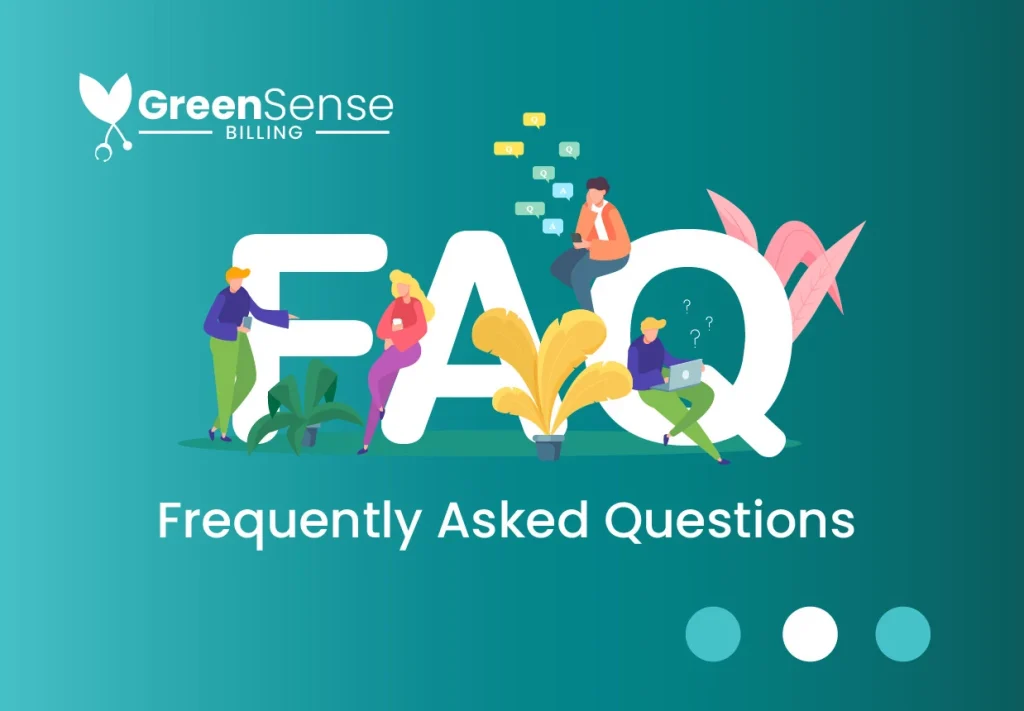Are you a healthcare provider in the United States, navigating the complex world of healthcare reimbursement? Do the terms “Medicare” and “Medicaid” leave you puzzled about their differences and eligibility criteria? You’re not alone.
In this comprehensive blog, we will demystify Medicare vs Medicaid, providing you with essential insights to enhance your understanding and better serve your patients. Let’s start our journey by answering two fundamental questions, What are Medicare and Medicaid, and who is eligible for Medicare and Medicaid?
What is Medicare, and Who is Eligible for It?
Medicare is a federal health insurance program administered by the Centers for Medicare & Medicaid Services (CMS). It primarily serves the elderly population aged 65 and older, as well as some individuals with disabilities under 65.
Medicare services comprises 4 main parts:
1- Medicare Part A
Covers hospital stays, skilled nursing facility care, and hospice services.
2- Medicare Part B
Includes outpatient medical services such as doctor visits, preventive care, and durable medical equipment.
3- Medicare Part C
Known as Medicare Advantage, offers a bundled alternative to Parts A and B, often with additional benefits like dental and vision coverage.
4- Medicare Part D
Helps with prescription drug costs.
Eligibility for Medicare typically depends on the patient’s age, their work history, and certain disabilities. Most Americans become eligible for Medicare at age 65, but individuals with specific disabilities can qualify at a younger age.
What is Medicaid, and How Does it Differ from Medicare?
Medicaid in US healthcare is another government-funded healthcare program, also managed by the CMS but at the state level. Unlike Medicare, which primarily serves the elderly and disabled, Medicaid primarily caters to low-income individuals and families, regardless of age. This distinction is crucial.
Medicaid provides coverage for various medical services, including doctor visits, hospital stays, prescription drugs, and more. Eligibility criteria vary from state to state, so it’s essential to understand the guidelines specific to your location.
Medicare Vs Medicaid, the Difference
Medicare and Medicaid difference, Medicaid provides coverage for various medical services, including doctor visits, hospital stays, prescription drugs, and more. Eligibility criteria vary from state to state, so it’s essential to understand the guidelines specific to the patient’s location.
To summarize, the key differences between Medicare and Medicaid are:
-
Eligibility
Medicare mainly serves the elderly and certain disabled individuals, while Medicaid focuses on low-income individuals and families, regardless of age.
-
Funding
Medicare is funded by the federal government, while Medicaid is a joint program funded by both federal and state governments.
-
Benefits
Medicare provides a standardized set of benefits through its various parts, while Medicaid benefits can vary significantly from state to state.
-
Administration
Medicare is administered by the federal government, while Medicaid is administered by individual states within federal guidelines.
Centers for Medicare & Medicaid Services (CMS): The Driving Force
The Centers for Medicare & Medicaid Services (CMS) is the linchpin of both Medicare and Medicaid. It’s the federal agency responsible for overseeing these programs, ensuring they run smoothly and efficiently.
CMS sets the guidelines, regulations, and reimbursement rates that healthcare providers like you must follow when serving Medicare and Medicaid beneficiaries. Staying updated with CMS regulations is crucial to ensuring proper reimbursement and compliance with federal and state laws.
Why is Understanding Medicaid vs Medicare Important for Healthcare Providers?
Understanding Medicaid and Medicare is essential for healthcare providers for several reasons:
-
Patient Care
Many of your patients may be Medicare or Medicaid beneficiaries. Understanding their insurance coverage helps you provide them with appropriate care and avoid billing complications.
-
Reimbursement
Medicare and Medicaid reimburse healthcare providers differently. Knowing the rules and rates for each program ensures you receive the proper compensation for your services.
-
Legal Compliance
Billing errors can lead to costly audits and legal issues. Familiarizing yourself with CMS guidelines and regulations helps you avoid compliance pitfalls.
-
Patient Advocacy
As a trusted healthcare provider, you can serve as an advocate for your patients by helping them navigate the complexities of Medicare and Medicaid.
The Importance of Medicare vs Medicaid with a Couple of Statistics
In 2020, Medicare served over 62 million Americans, while Medicaid provided coverage to approximately 77 million individuals, demonstrating their substantial impact on the healthcare landscape.
The CMS budget for fiscal year 2021 exceeded $1.3 trillion, highlighting the significant financial resources dedicated to these programs.
Conclusion
In conclusion, Medicare and Medicaid play pivotal roles in the American healthcare system, serving distinct populations with different needs. As a healthcare provider, understanding the differences between these programs, the role of CMS, and the eligibility criteria is essential, so you can provide quality patient care, ensure proper reimbursement, and maintain legal compliance.
However, since the healthcare landscape is ever-evolving, you must stay informed about updates and changes in Medicare and Medicaid regulations. By doing so, you’ll not only enhance your ability to serve your patients but also contribute to the overall effectiveness and sustainability of these vital healthcare programs.
FAQs.

1: What is the difference between Medicare and Medicaid?
Medicare primarily serves the elderly and disabled, while Medicaid focuses on low-income individuals and families, regardless of age.
2: How can I determine if a patient is eligible for Medicare or Medicaid?
Eligibility for Medicare is typically based on age or certain disabilities, while Medicaid eligibility varies by state and is based on income and family size. You can verify eligibility through the patient’s insurance card or by contacting the respective program’s office.
3: What services does Medicare Part A cover?
Medicare Part A covers hospital stays, skilled nursing facility care, and hospice services.
4: What is the role of the Centers for Medicare & Medicaid Services (CMS)?
CMS oversees and regulates both Medicare and Medicaid, setting guidelines, reimbursement rates, and regulations for healthcare providers. Staying compliant with CMS guidelines is crucial for proper reimbursement.
5: How can I ensure accurate medical billing for Medicare and Medicaid patients?
To ensure accurate billing, consider contacting a reliable medical billing company like us. At GreenSense Billing, we offer specialized expertise in Medicare and Medicaid billing, reducing errors and maximizing reimbursements.
6: What are the penalties for non-compliance with CMS regulations in medical billing?
Non-compliance with CMS regulations can result in audit penalties, legal issues, and potential loss of reimbursement. Staying informed and following guidelines is essential to avoid such consequences.
7: Can a patient have both Medicare Medicaid coverage?
Yes, some individuals are dual-eligible, meaning they qualify for both Medicare and Medicaid. This status in California is often referred to as “Medi-Medi.”
8: What are Medicare Advantage (Part C) plans, and how do they differ from traditional Medicare?
Medicare Advantage plans are offered by private insurance companies and provide an alternative to traditional Medicare (Parts A and B). They often include additional benefits like dental and vision coverage.
9: How can healthcare providers help patients navigate the complexities of Medicaid vs Medicare?
Healthcare providers can assist patients by offering guidance on eligibility, explaining coverage options, and providing resources or referrals to organizations that specialize in Medicare and Medicaid assistance.
10: Are there any assistance programs for healthcare providers to improve their billing processes?
Yes, some medical billing companies like our offer cost-effective billing solutions that can streamline your medical billing process and maximize revenue.



















